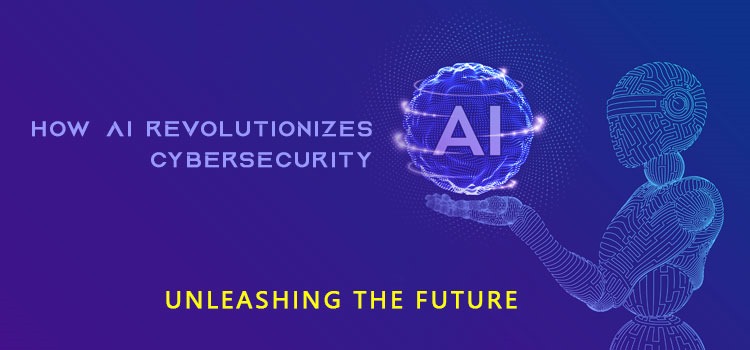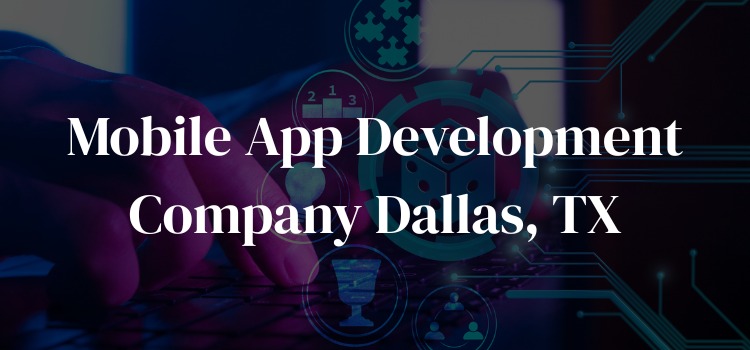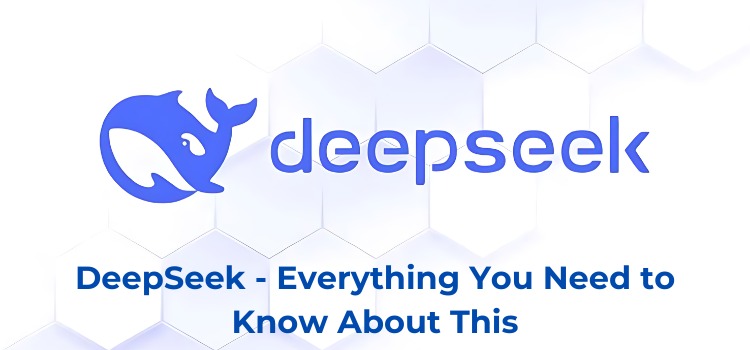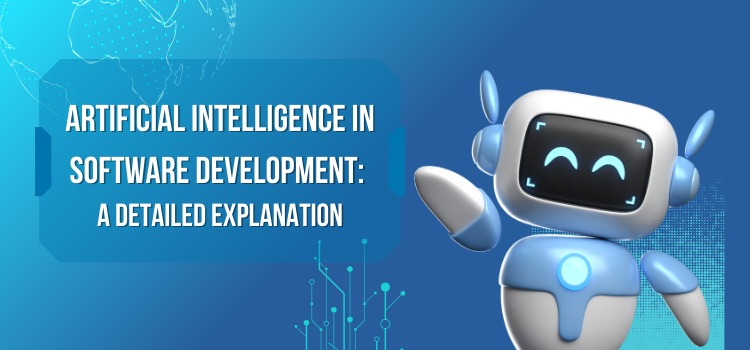
In a world where our lives are increasingly intertwined with technology, the need for robust cybersecurity has never been more crucial. Enter artificial intelligence, the game-changer that is revolutionizing how we safeguard our digital existence. In this article, we’ll embark on a journey to explore how AI is reshaping the landscape of cybersecurity, making it more adaptive, intelligent, and resilient.
The Rise of AI in Cybersecurity
Understanding the AI Surge
Artificial Intelligence is no longer a distant concept confined to sci-fi novels. It’s here, and it’s making waves in the world of cybersecurity. But how exactly is AI infiltrating this realm, and what does it mean for our digital safety?
In simple terms, AI empowers cybersecurity systems to learn and evolve. It’s like having a digital guardian that not only detects known threats but also learns from new patterns, staying one step ahead of potential attackers.
AI vs Traditional Cybersecurity
Picture this: traditional cybersecurity as a sturdy fortress, standing firm against known adversaries. Now, imagine AI as a dynamic, shape-shifting force that not only strengthens the walls but also predicts the enemy’s next move. It’s not just a tool; it’s a strategic ally in the ever-evolving battle against cyber threats.
AI’s Impact on Cyber Threat Detection
Proactive Threat Detection
One of the most significant advantages of AI in cybersecurity is its ability to detect threats proactively. Unlike traditional systems that rely on predefined rules, AI analyzes vast amounts of data, identifying anomalies and potential risks before they escalate. It’s like having a cybersecurity crystal ball, foreseeing and thwarting threats before they materialize.
Behavioral Analysis: The AI Advantage
Imagine AI as a digital detective, analyzing user behavior to identify any deviations from the norm. This behavioral analysis goes beyond mere pattern recognition, allowing AI to spot even the subtlest signs of a potential threat. It’s a level of scrutiny that traditional methods struggle to achieve.
AI in Action: Real-world Applications
Adaptive Defense Systems
AI doesn’t just stop at detection; it actively evolves defense mechanisms. It’s akin to an immune system that learns from past infections, ensuring a more robust defense with each encounter. This adaptability is a game-changer in an era where cyber threats mutate and evolve rapidly.
Automated Incident Response
Imagine a cyber attack as a fast-moving storm. AI not only detects the storm brewing but can also initiate an automated response, mitigating the impact before human intervention is necessary. It’s like having an efficient emergency response team for your digital assets.
The Human Element in AI Security
Amidst the excitement of AI in cybersecurity, some concerns linger. Is there a risk of AI becoming too autonomous? Will it replace human expertise? The reality is that AI works best when collaborating with human experts. It’s a partnership, with AI handling the repetitive tasks, allowing humans to focus on strategic thinking and nuanced decision-making.
Ethical Considerations in AI-driven Security
As AI takes center stage, ethical considerations come to the forefront. How do we ensure that AI-driven cybersecurity is used responsibly and without bias? Establishing guidelines and ethical frameworks is crucial, ensuring that AI remains a force for good in protecting our digital frontiers algorithms may inadvertently perpetuate or even amplify biases present in training data. It is crucial to actively identify and mitigate biases in security AI to ensure fair treatment across diverse populations. Regular audits and ongoing monitoring are essential to address and rectify biases that may arise.
AI and Quantum Computing: A Powerful Duo
As quantum computing emerges on the horizon, AI is set to become an even more potent force in cybersecurity. The combination of AI’s intelligence with quantum computing’s processing power opens new frontiers in threat analysis and encryption, creating a formidable defense against future cyber threats. Quantum computing, utilizing the principles of quantum mechanics, offers the potential to process information at speeds unattainable by classical computers. When integrated with AI algorithms, this unparalleled processing speed can accelerate computations, enabling the rapid execution of complex tasks and data analysis.
Continuous Learning: The Core of AI Security
The future of AI in cybersecurity lies in continuous learning. The more data AI processes, the smarter it becomes. It’s an ongoing journey of adaptation and improvement, ensuring that our digital defenses stay ahead of the ever-evolving tactics employed by cyber adversaries. Security systems that incorporate continuous learning can dynamically assess and adapt their risk models. This adaptability is crucial in the face of evolving cyber threats, allowing the system to prioritize and respond to potential risks based on real-time data and changing circumstances.
Conclusion
As we navigate the complex landscape of cybersecurity, it’s evident that AI is not just a tool; it’s the future. Its ability to learn, adapt, and proactively defend against cyber threats marks a paradigm shift in safeguarding our digital existence.
Versatile Mobitech has successfully delivered over 500 AI-based mobile apps, fueling the growth of numerous organizations. As a leading provider of AI app development services, we have enabled businesses to harness the potential of this transformative technology. If you’re seeking to create an AI mobile app for your company, connect with our experienced team and unlock the power of artificial intelligence for your business.
Feel free to get in touch with us:
Email: sales@versatilemobitech.com
Visit our website: https://www.versatilemobitech.com/
Like us on Facebook: https://www.facebook.com/versatilemobitech
Like us on Instagram: https://www.instagram.com/versatilemobitechpvtltd/
Subscribe
Subscribe to our blog and never miss our latest updates

Mobile App Development Company Dallas, Texas

Best Mobile App Development Company in UAE

DeepSeek – Everything You Need to Know About This

Why Your Company Website Should Be Responsive

 +91 970 193 0011
+91 970 193 0011 +1 934 221 7261
+1 934 221 7261 +971 55 316 6156
+971 55 316 6156




